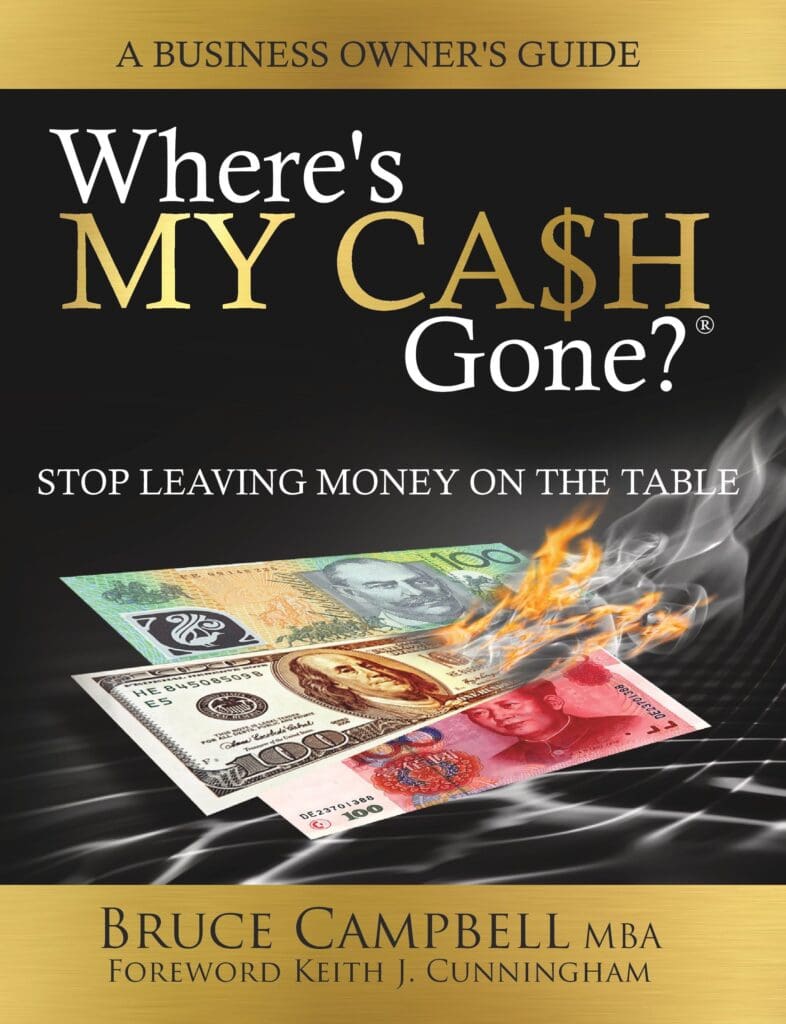The Law of Vacuum: How Empty Spaces Always Get Filled
Understanding the Law of Vacuum
The Law of Vacuum operates on a simple principle: any space left open will inevitably be filled with something. This applies to physical spaces, but more importantly, to areas of our lives where we haven’t been intentional or strategic.
Think about nature for a moment – an empty field doesn’t stay empty for long. Soon, pioneer plants move in, followed by shrubs, then trees. The same principle applies to our lives, but instead of vegetation, it’s habits, distractions, and unplanned activities that rush in to fill our unstructured spaces.
Health
When we don’t make deliberate choices about our health habits, other things creep in. That moment of lounging without a plan easily becomes grabbing a beer and chocolate from the fridge. Without purposeful decisions about exercise and nutrition, our health routines get filled with whatever is easiest or most immediately gratifying.
Consider how often we say “I’ll work out later” without specifying when “later” is. That ambiguity creates a vacuum that gets filled with Netflix episodes, social media scrolling, or other passive activities. Our bodies and minds crave structure, and without it, they default to the path of least resistance.
Finances
Money follows this law perfectly. Without strategic allocation and purposeful budgeting, funds seem to mysteriously disappear. Small business owners often experience this when they wonder why cash flow is suddenly tight. Without designated accounts and clear purposes for different funds, the vacuum effect quickly drains resources.
Many of us have experienced getting a pay check and thinking, “I’ll save some of this later,” only to find the entire amount gone by month’s end. The financial vacuum pulls in impulse purchases, convenience spending, and “small” expenses that accumulate rapidly. That’s why financial experts emphasise automatic transfers to savings and investment accounts on payday – this creates a structure that prevents the vacuum from claiming those funds.
Time
Perhaps most noticeably, our time gets consumed by the Law of Vacuum. Those hours we haven’t deliberately scheduled? They’ll be filled with scrolling, random tasks, or activities that don’t align with our priorities and goals.
Have you ever had a free weekend with no plans and then wondered on Sunday night where all that time went? Without intentional planning, time vacuums get filled with whatever requires the least decision-making energy. This often means hours lost to passive activities rather than experiences that energise and fulfil us.
The Psychology Behind the Vacuum
Understanding why the Law of Vacuum works helps us combat it more effectively. Several psychological factors are at play:
- Path of least resistance: Our brains naturally conserve energy by defaulting to easy options when no plan exists.
- Decision fatigue: Throughout the day, our ability to make good choices diminishes. Unstructured time or resources are particularly vulnerable when our decision-making reserves are low.
- Immediate gratification bias: Without specific plans, we tend to choose what feels good now rather than what serves us best long-term.
- Environmental cues: Our surroundings constantly prompt behaviours. Without intentional barriers, these cues easily fill our vacuums with habitual responses.
Creating Strategic Blocks
The key to working with (rather than against) the Law of Vacuum is creating intentional blocks:
- Identify your priority areas where the vacuum effect is causing problems. Track how you actually spend your time, money, and energy for a week to spot the vacuums.
- Develop clear plans for how you want to use these resources. Be specific about when, where, and how you’ll implement healthier alternatives.
- Create structures that protect against unconscious filling of these spaces. This might include:
- For time: Calendar blocking with specific activities
- For finances: Automatic transfers and designated accounts
- For health: Meal prep Sundays and scheduled workout appointments
- For productivity: Tech-free zones and focused work sprints
- Use environmental design to your advantage. Make healthy choices easier and unhealthy fillers more difficult to access.
- Build accountability systems with friends, mentors, or coaches who help maintain your intentional structures.
Turning the Law to Your Advantage
The Law of Vacuum isn’t just something to defend against—it can also work in your favour. Try these approaches:
- Create positive vacuums: Intentionally remove negative influences, knowing the space must be filled. For example, remove social media apps from your phone, knowing you’ll fill that attention space with something else (have books or other positive options ready).
- Use the ‘if-then’ planning technique: Decide in advance what will fill predictable vacuums. “If I have downtime after dinner, then I will read for 30 minutes” prevents the default of turning on the TV.
- Batch similar activities: Group errands, emails, phone calls, or creative work to create efficiency and prevent scattered vacuums throughout your day.
- Practice the “one in, one out” rule: For physical possessions, digital commitments, and even relationships—maintain balance by removing something whenever you add something new.
Real-World Applications
For Entrepreneurs
Schedule blocks for different aspects of your business—client work, administration, marketing, and innovation. Without this structure, urgent matters will always consume time needed for important growth activities. Default diary also works well for this purpose.
For Parents
Create family rituals and routines that fill potential chaos vacuums with meaningful connection. Sunday meal planning, morning routines, and bedtime rituals provide structure that prevents stress from filling these spaces.
For Personal Development
Designate learning blocks in your schedule and keep resources ready. Without this intention, professional growth often gets pushed aside by daily demands.
Reflection Questions
- Where is the Law of Vacuum most actively operating in your life right now?
- What specific structures could you put in place to protect your most valuable resources?
- How might you transform this law to work in your favor by intentionally creating spaces that can only be filled with positive choices?
- Which areas of your life feel most out of control, and how might unmanaged vacuums be contributing to this feeling?
- What’s one small vacuum you could fill intentionally this week as an experiment?
The Law of Vacuum isn’t just about preventing negative outcomes—it’s an opportunity to be proactive about creating the life you truly want through conscious choices and strategic planning. By recognising where and how this universal principle operates in your life, you gain tremendous power to direct your resources toward what matters most.
Remember: Nature abhors a vacuum, and so does your life. The only question is whether you’ll decide what fills those spaces, or if you’ll let circumstance decide for you.


